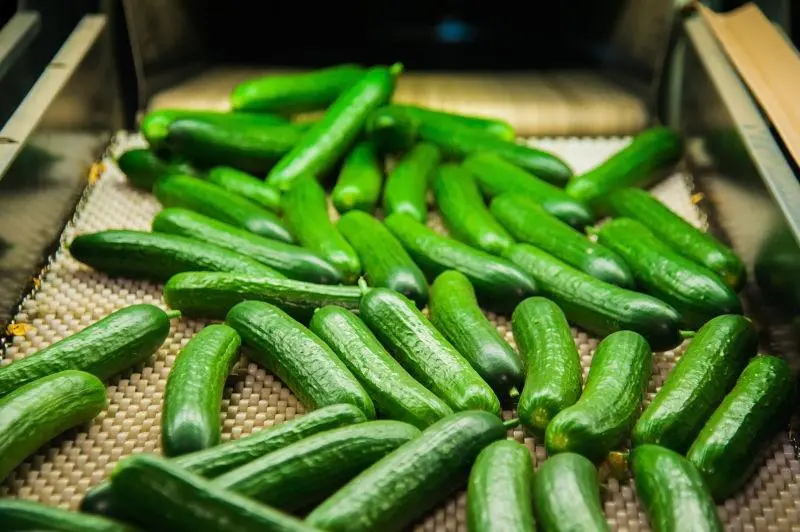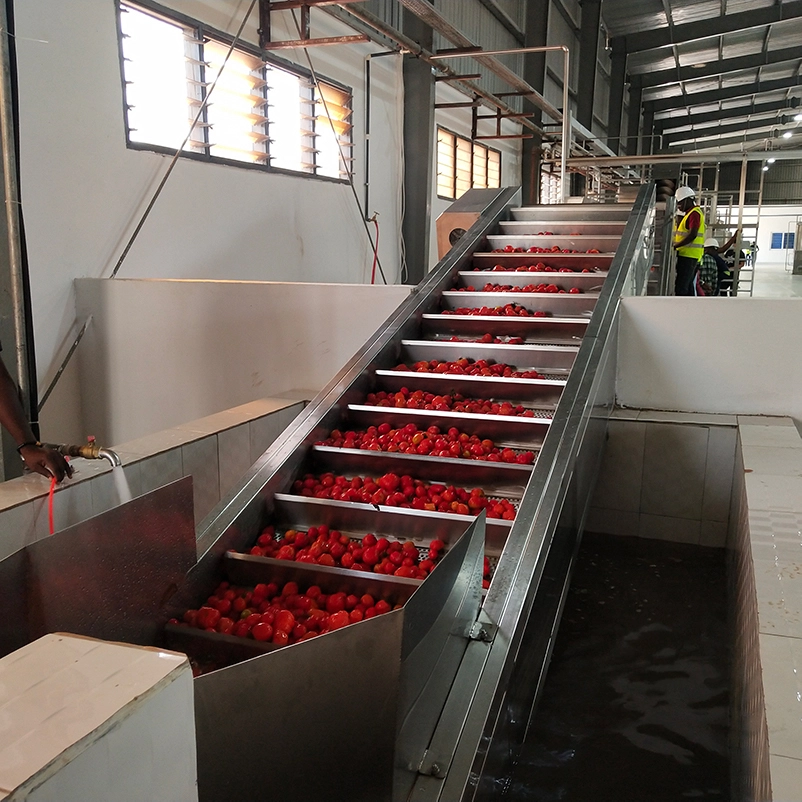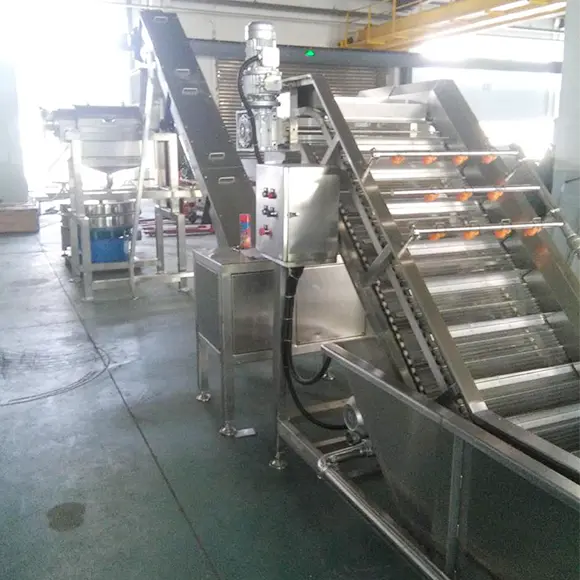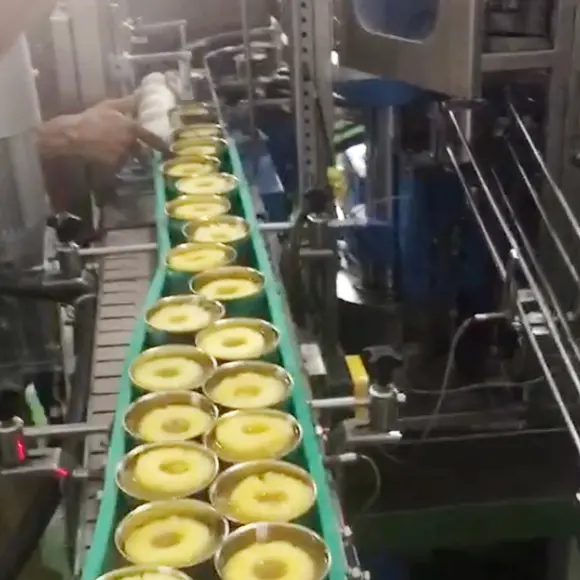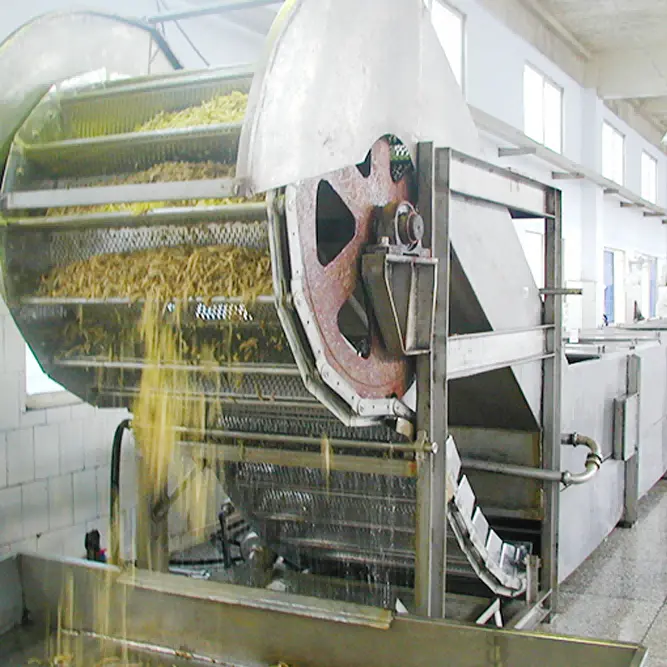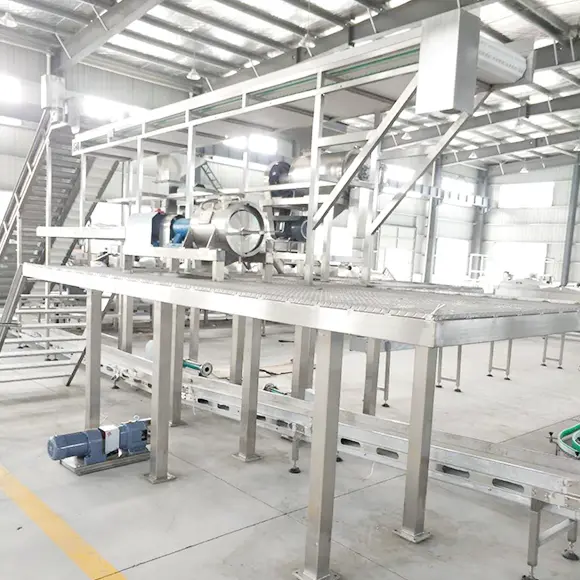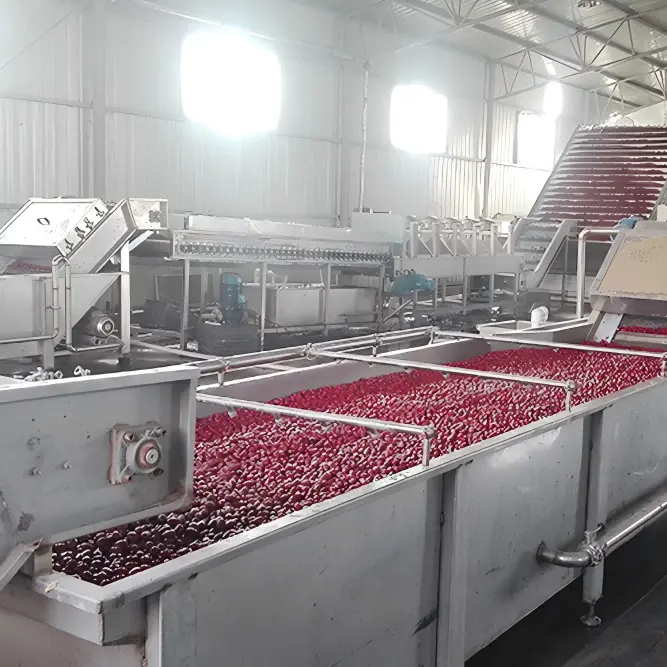Cucumber Kimchi Production Line
- Fast Delievery
- Quality Assurance
- 24/7 Customer Service
Product Overview:
Generally, any vegetable or fruit rich in fiber can be made into pickles. Pickles are rich in vitamins and inorganic substances such as calcium and phosphorus, providing ample nutrition to the human body and helping to prevent diseases like arteriosclerosis.
Pickles primarily rely on the fermentation of lactic acid bacteria to produce a large amount of lactic acid, rather than the osmotic pressure of salt, to inhibit spoilage microorganisms. Pickles are made using a low-concentration brine or a small amount of salt to marinate various tender vegetables, which are then fermented by lactic acid bacteria into an acidic pickled product. As long as the lactic acid content reaches a certain concentration and the product is isolated from air, long-term storage can be achieved. The salt content in pickles is 2% to 4%, making it a low-sodium food.
Typical Pickled Vegetable Processing Technology:
· Raw material lifting
· Coarse filtering
· Washing
· Sorting
· Pickling
· Slicing (into shreds, dices)
· Tumbling screening
· Salt removal
· Dewatering
· Seasoning mixing
· Vacuum packaging
· Shaping
· Package washing
· Sterilization and cooling
· Vibration drying
· Metal detection
· Box packing
The selection, adjustment, and modification of pre-treatment equipment for raw materials should be based on the specific processing technology flow of the pickled vegetables.
Our Partnerships:
Our company collaborates with several research institutions and experts in the field of biological research from multiple countries, including:
· Chinese Academy of Agricultural Sciences' Institute of Agricultural Product Processing
· Shihezi University in Xinjiang
· Gansu Agricultural University
· Shihezi Vegetable Research Institute
· Xinjiang Academy of Agricultural Sciences' Institute of Agricultural Mechanization
· Qinghai Academy of Agricultural Sciences
· Nanjing Agricultural University
· Fudan University
· Lanzhou University
· Gansu Zhengsheng Biology
We also work with experts from the United States, Singapore, and other countries. By drawing on advanced processing techniques from international production lines for pickled vegetables and mustard products, we are committed to providing perfect end-to-end production solutions.
Send Inquiry
